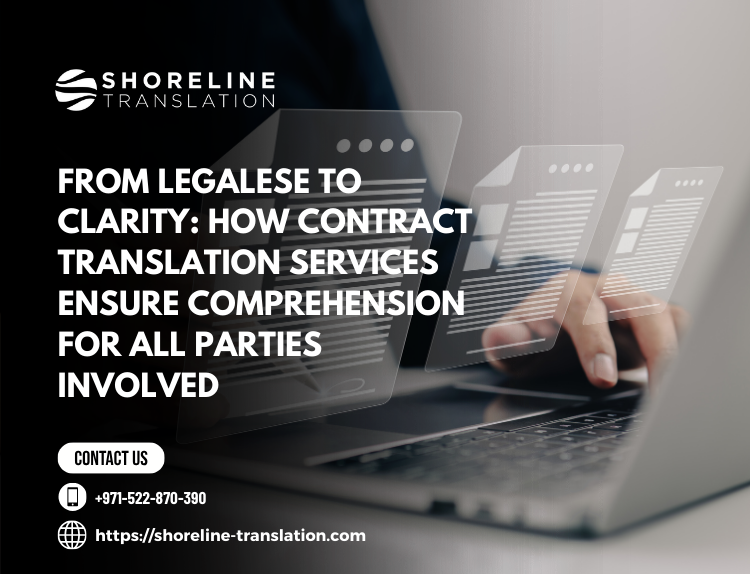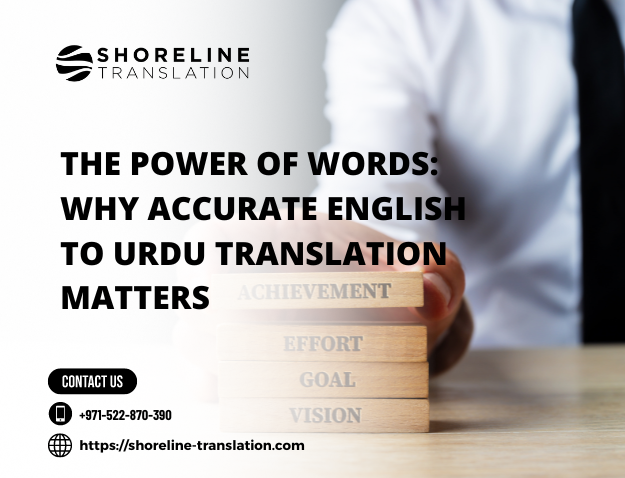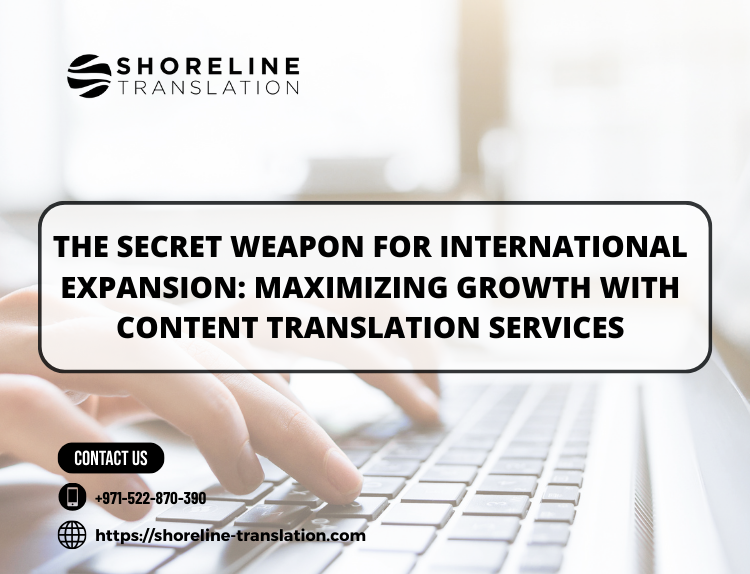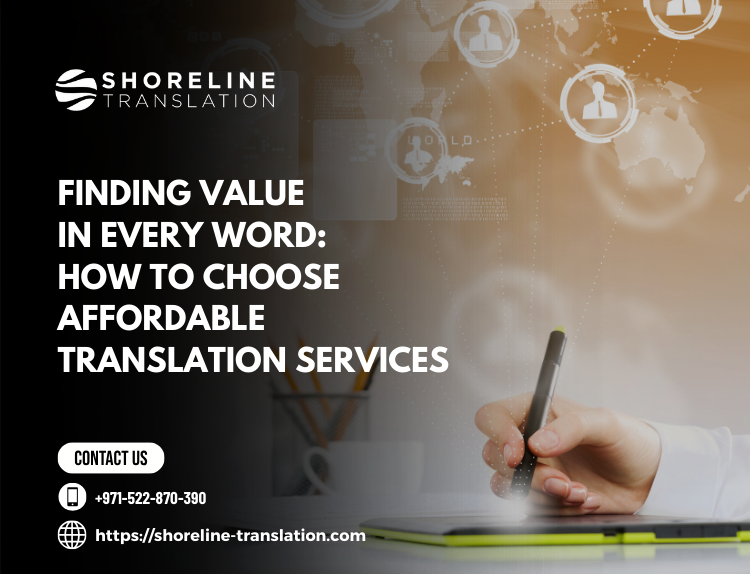Table of Contents
ToggleWhy Law Firms in the UAE Require Certified Translations for Equivalency Certificate UAE Applications
In the dynamic and multicultural legal landscape of the United Arab Emirates (UAE), law firms play a pivotal role in facilitating legal processes for both individuals and businesses. One of the most critical requirements for professionals and students seeking recognition of their academic qualifications is the equivalency certificate UAE. This document, issued by the UAE’s Ministry of Education (MOE), validates foreign academic credentials and aligns them with the UAE’s educational standards.
However, obtaining this certificate is not as straightforward as submitting a degree. It involves a meticulous process that demands certified translations of all supporting documents. In this comprehensive article, we explore why law firms in the UAE must rely on certified translation services—particularly from trusted providers like Shoreline—to ensure smooth and successful equivalency certificate applications.
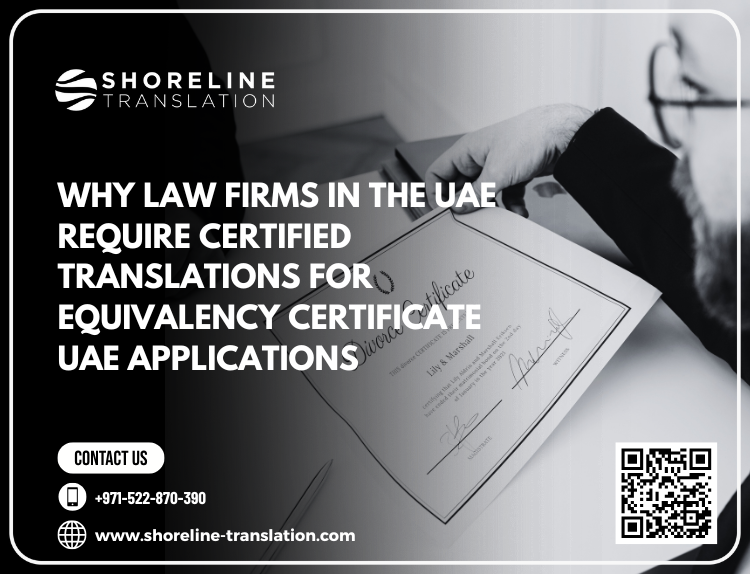
Understanding the Equivalency Certificate UAE Process
An equivalency certificate is a formal recognition provided by the UAE’s Ministry of Education that confirms a foreign academic qualification is equivalent to a degree issued by a UAE-accredited institution. This certificate is essential for:
- Employment in regulated sectors (e.g., legal, medical, engineering)
- Higher education admissions
- Professional licensing
- Immigration and visa applications
The MOE equivalency certificate process involves several steps, including document verification, attestation, and translation. Any document not originally issued in Arabic or English must be translated into Arabic by a certified translator.
Why Certified Translations Are Essential
1. Legal Compliance with UAE Regulations
The UAE government mandates that all foreign-language documents submitted for official purposes—including equivalency applications—must be translated by a certified translator. This ensures that the translation is:
- Accurate
- Legally valid
- Recognized by UAE authorities
Failure to provide a certified translation can result in the equivalency certificate UAE rejected status, leading to delays and potential legal complications.
2. Accuracy and Consistency in Legal Terminology
Legal documents, academic transcripts, and diplomas often contain complex terminology. A minor error in translation can lead to misinterpretation, which can jeopardize the entire application. Certified translators, like those at Shoreline, are trained to handle such nuances with precision.
3. Enhanced Credibility and Professionalism
When law firms submit documents with certified translations, it demonstrates professionalism and due diligence. It reassures clients that their case is being handled with the highest standards, which is especially important in high-stakes legal matters such as immigration, employment, or academic recognition.
Read more about: Why an Academic Transcript Translation Service Is Crucial for International University Applications
The Role of Law Firms in Equivalency Certificate Applications
Law firms often act as intermediaries between clients and government institutions. Their responsibilities include:
- Advising clients on required documents
- Coordinating with translation services
- Ensuring all submissions meet legal and linguistic standards
- Following up on application statuses
Given the complexity of the equivalence certificate process, law firms must partner with reliable translation agencies to avoid costly errors and rejections.
Shoreline: Your Trusted Partner in Certified Translations
Shoreline is a leading certified translation company in the UAE, offering professional translation services across legal, academic, medical, and technical fields. Here’s why law firms consistently choose Shoreline for their translation needs:
Certified by UAE Authorities
Shoreline’s translations are recognized by the UAE Ministry of Education, Ministry of Justice, and other government entities. This ensures that your documents are accepted without question.
Expert Legal Translators
Their team includes linguists with legal backgrounds, ensuring that every translation is accurate, contextually appropriate, and legally sound.
Fast Turnaround Times
Time is often of the essence in legal matters. Shoreline offers expedited services without compromising quality.
Multilingual Capabilities
Shoreline supports translations in over 120 languages, making them the ideal partner for law firms dealing with international clients.
Common Documents Requiring Certified Translation for Equivalency
Law firms assisting clients with MOE equivalency certificate applications typically need to translate the following:
- Academic transcripts
- Diplomas and degrees
- Course descriptions
- Letters of accreditation
- Legal affidavits
- Identification documents (passports, national IDs)
Each of these must be translated with utmost accuracy to avoid the dreaded equivalency certificate UAE rejected status.
The Risks of Using Uncertified Translators
Law firms that cut corners by using uncertified or freelance translators risk:
- Rejection of applications
- Legal liabilities
- Damage to professional reputation
- Client dissatisfaction
Only certified translation agencies like Shoreline can guarantee compliance with UAE legal standards.
Real-World Scenarios: When Certified Translation Makes a Difference
Scenario 1: Employment Visa for a Legal Professional
A law firm representing a foreign legal consultant needed to obtain an equivalency certificate UAE to process a work visa. The original documents were in French. Shoreline provided certified Arabic translations within 48 hours, enabling the firm to meet the visa deadline.
Scenario 2: University Admission for a Client’s Child
A client’s child was applying to a UAE university. The MOE equivalency certificate was delayed due to errors in translation. After switching to Shoreline, the corrected documents were accepted, and the admission was secured.
Best Practices for Law Firms Handling Equivalency Applications
To streamline the process and avoid pitfalls, law firms should:
- Partner with certified translation providers like Shoreline
- Verify the latest MOE requirements
- Maintain a checklist of required documents
- Educate clients on the importance of certified translations
- Submit applications well before deadlines
Specialized Translation Challenges in Equivalency Certificate UAE Applications
When applying for an equivalency certificate UAE, the translation process involves more than just converting words from one language to another. It requires a deep understanding of academic systems, legal frameworks, and institutional terminologies across different countries. Here are some specialized challenges that only experienced, certified translators—like those at Shoreline—are equipped to handle:
Academic Terminology Alignment
- Translators must accurately interpret and convert course titles, credit hours, and grading systems to match the UAE’s academic standards.
- Misinterpretation can lead to discrepancies that result in a MOE equivalency certificate being delayed or outright rejected.
Institutional Recognition Verification
- Some foreign institutions may not be recognized by the UAE Ministry of Education. Certified translators often assist law firms in identifying and flagging such issues early.
- This proactive approach helps avoid the dreaded equivalency certificate UAE rejected outcome.
Translation of Non-Standard Documents
- In many cases, applicants submit handwritten transcripts, outdated degree formats, or documents with non-Latin scripts.
- Shoreline’s expert linguists are trained to handle these complexities with precision, ensuring full compliance with MOE requirements.
Strategic Advantages for Law Firms Using Certified Translation Services
For law firms supporting clients through the equivalence certificate process, partnering with a certified translation provider like Shoreline offers strategic advantages that go beyond compliance. These benefits enhance client satisfaction, operational efficiency, and legal reliability:
Streamlined Documentation Workflow
- Shoreline offers integrated solutions that include document collection, translation, notarization, and delivery—reducing administrative burden on legal teams.
- This end-to-end support is especially valuable when managing multiple MOE equivalency certificate applications simultaneously.
Risk Mitigation and Legal Assurance
- Certified translations reduce the risk of legal disputes or application rejections due to misinterpretation or inaccuracies.
- Law firms can confidently assure clients that their documents meet the highest standards, minimizing the chances of an equivalency certificate UAE rejected status.
Enhanced Client Trust and Retention
- By working with a reputable service like Shoreline, law firms demonstrate a commitment to quality and compliance.
- This builds long-term trust with clients, particularly expatriates and international professionals navigating the UAE’s complex legal and academic systems.
Competitive Differentiation
- In a saturated legal market, offering seamless, certified translation services as part of your equivalency support package sets your firm apart.
- Shoreline’s reputation and reliability become a value-added extension of your legal brand.
For law firms and individuals alike, understanding and navigating the nuances of the equivalency certificate UAE process is crucial. With Shoreline as your translation partner, you gain not just linguistic accuracy, but strategic support tailored to the UAE’s legal and educational landscape.
Translate with Confidence – Partner with Shoreline Today!
When it comes to certified legal translations for equivalency certificate UAE applications, there’s no room for error. Whether you’re a law firm handling complex legal documentation or an individual pursuing academic recognition, Shoreline is your go-to partner for fast, accurate, and legally compliant translations.
✅ Trusted by top law firms
✅ Recognized by UAE government entities
✅ Multilingual experts in legal and academic translation
✅ 24/7 customer support
👉 Contact Shoreline now and ensure your documents are in the safest hands.
Frequently Asked Questions (FAQs)
1. What is an equivalency certificate in the UAE?
An equivalency certificate UAE is an official document issued by the Ministry of Education that confirms a foreign academic qualification is equivalent to a UAE-accredited degree. It is essential for employment, higher education, and licensing purposes.
2. Why was my equivalency certificate UAE rejected?
Common reasons include:
- Incomplete documentation
- Uncertified or inaccurate translations
- Missing attestations
- Inconsistencies in academic records
To avoid this, always use a certified translation service like Shoreline.
3. Can I translate my documents myself for the MOE equivalency certificate?
No. The UAE Ministry of Education requires translations to be done by certified translators. Self-translated documents are not accepted and may lead to rejection.
4. How long does it take to get a certified translation?
Shoreline offers standard and expedited services. Most documents are translated within 24–48 hours, depending on complexity and volume.
5. Which documents need certified translation for an equivalency certificate?
Typically required documents include:
- Degrees and diplomas
- Academic transcripts
- Identification documents
- Course descriptions
- Accreditation letters
All non-Arabic documents must be translated into Arabic by a certified translator.
Conclusion
In the UAE’s intricate legal and academic framework, certified translations are not just a formality—they are a necessity. Law firms that handle equivalency certificate UAE applications must prioritize accuracy, legal compliance, and professionalism.
By partnering with a trusted provider like Shoreline, law firms can ensure their clients’ documents are translated flawlessly, applications are accepted without delay, and reputations remain intact.
Don’t leave your success to chance—translate with confidence, translate with Shoreline.
Visit Shoreline Translation Services to learn more and request a quote today.

